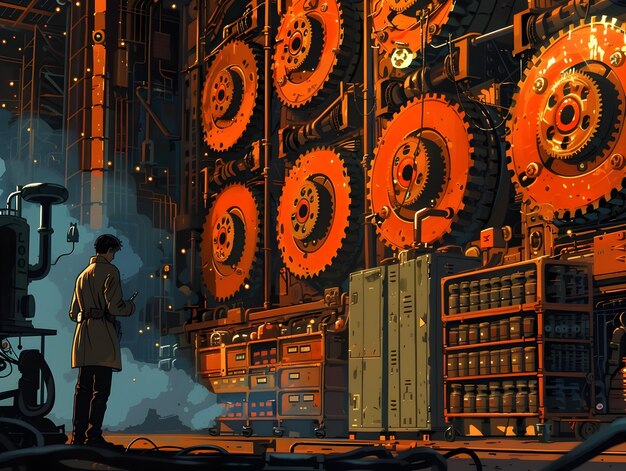The Industrial Revolution: A Turning Point
The Industrial Revolution, which began in the late 18th century, was a transformative period that fundamentally altered economies, societies, and cultures worldwide. Originating in Great Britain, it marked a shift from agrarian economies to industrialized and urbanized societies. This era saw the invention of machinery and the rise of factories, which drastically increased production capabilities. Innovations such as the steam engine, spinning jenny, and power loom revolutionized industries, particularly textiles and transportation. The shift to mass production created new job opportunities, leading to urban migration as people sought work in factories. However, the rapid industrialization also brought about significant social challenges, including poor working conditions, child labor, and environmental degradation. Labor movements emerged in response, advocating for workers’ rights and better conditions. The Industrial Revolution laid the foundation for the modern economic system and paved the way for technological advancements that continue to shape our world today. Its effects are still felt in contemporary society, influencing labor practices, urban development, and global trade.




